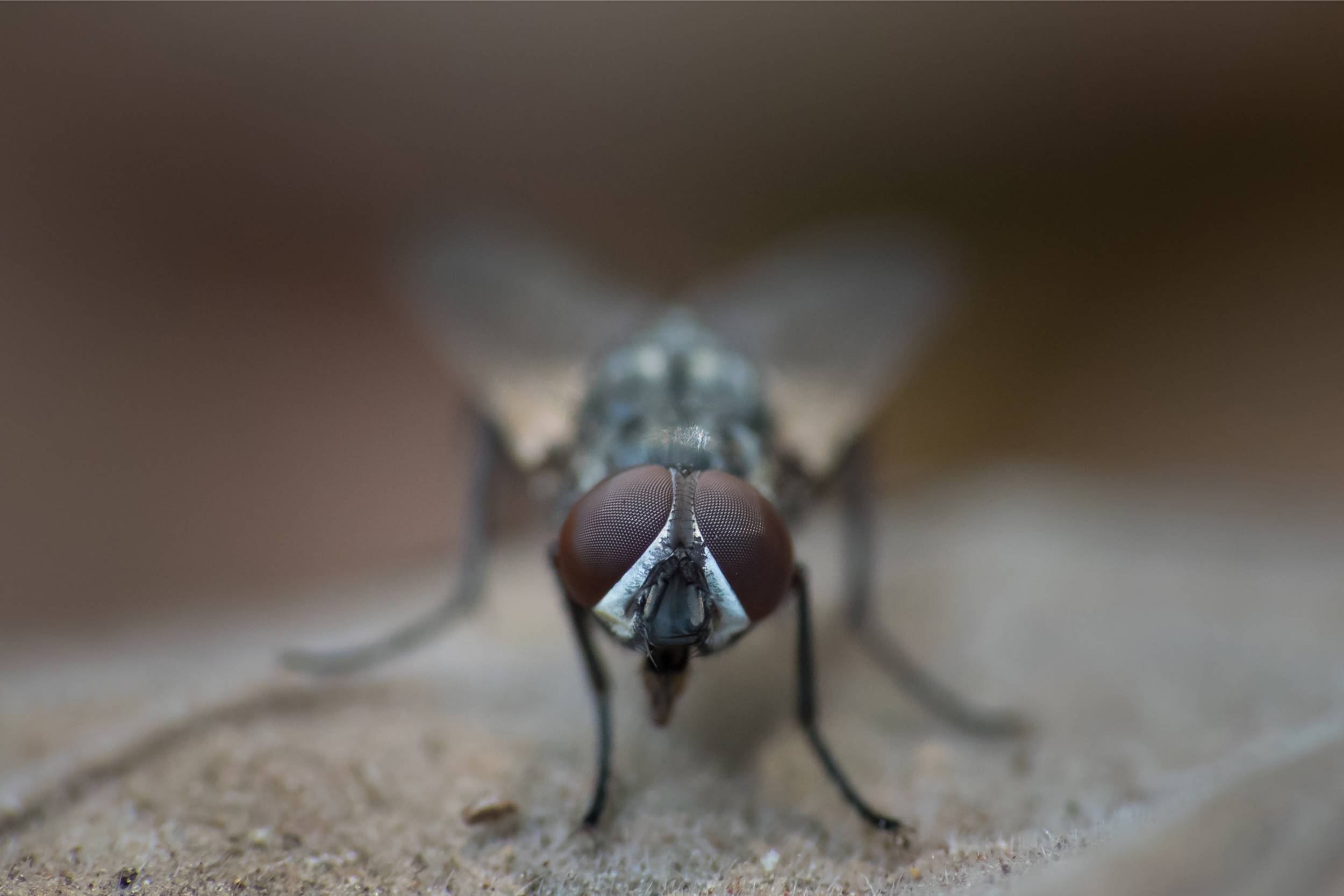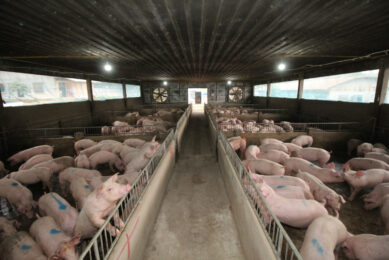Gene editing to solve ASF: new trials by US company show promise

A trial by a US-based firm has shown that almost 60% of pigs with African Swine Fever (ASF) that have undergone a specific CRISPR-based gene editing protocol survived longer than those without the edit.
Dr Douglas Gladue, an international leader in ASF research, stated, “I have worked on developing vaccine candidates for ASF for over 15 years. With no available treatments, this is a breakthrough discovery. These are excellent results that indicate the potential to dramatically increase survivability in pigs against ASF infection and treat other animal diseases.” Gladue used to be a senior scientist at the US Department of Agriculture’s Plum Island Animal Disease Center, and joined Seek Labs a short while ago.
Seek Labs
The trial was conducted by Seek Labs, which develops both molecular diagnostic systems and novel CRISPR-based therapies. Due to US regulations that limit ASF research, the company conducted the trials overseas “in a region where ASF is currently endemic in domestic swine.”
CRISPR approach disrupts viral replication
The trial, which replicated and expanded on an earlier trial, showed the gene-edited pigs survived beyond the duration of the trial. Indeed, the company says this particular CRISPR approach disrupts viral replication, slows progress of an infection, and allows treated animals to mount an immune response that can lead to extended survival and even potentially achieve curative outcomes. This CRISPR platform leverages Cas systems and multiplexed gRNAs to selectively target pathogenic genomes.
Seek Labs has already demonstrated their CRISPR-based systems reduce viral load in shrimp (Litopenaeus vannamei) infected with White Spot Syndrome Virus. These proof-of-concept studies consistently achieved approximately 80% reduction in viral load.
Because ASF has no treatment and has had such a huge negative impact on pork production in many regions of the world, Seek Labs began developing a viral gene-targeting CRISPR system that could be deployed as a treatment.
Trial design
Seek Labs is advancing 2 CRISPR-based systems with multiplexed ASFV-targeting gRNAs for in vivo testing: Candidate SL_1.52, which comprises a single Cas-encoding construct, and Candidate SL_1.52/SL_1.45 Combo, which comprises a combination of two Cas-encoding constructs.
“Both ASFV-targeting candidates were administered to infected pigs via intramuscular injections either as a single dose on one day or as a double dose on two consecutive days. All pigs were monitored daily for four weeks for the appearance of infection-related symptoms. Per the study protocol, pigs were weighed and blood was drawn and tested for the presence of an ASF virus gene using qPCR, as well as for anti-ASFV antibodies by ELISA assays.”
Specific trial outcomes
A small majority (57%) of the CRISPR-treated cohorts survived longer than the control cohort. In addition, “this cohort was observed to be consistently more physically active and responsive to stimuli throughout the trial. Data also indicate CRISPR targeting of the ASF virus genome decreased viral load. Taken together, these data suggest ASF virus did not lead to a lethal infection in multiple CRISPR-treated pigs.”
All surviving pigs are now being tested for protection against reinfection.
Future studies will look at prophylactic versus therapeutic delivery of the CRISPR-based systems. Seek Labs is also considering applications in other diseases such as avian influenza.











